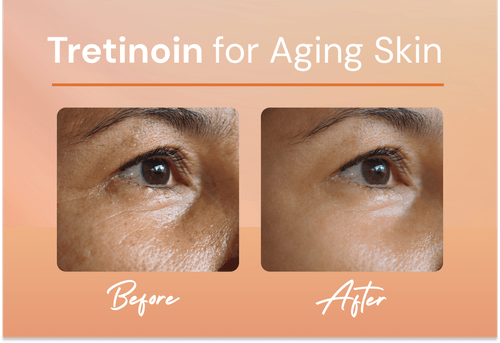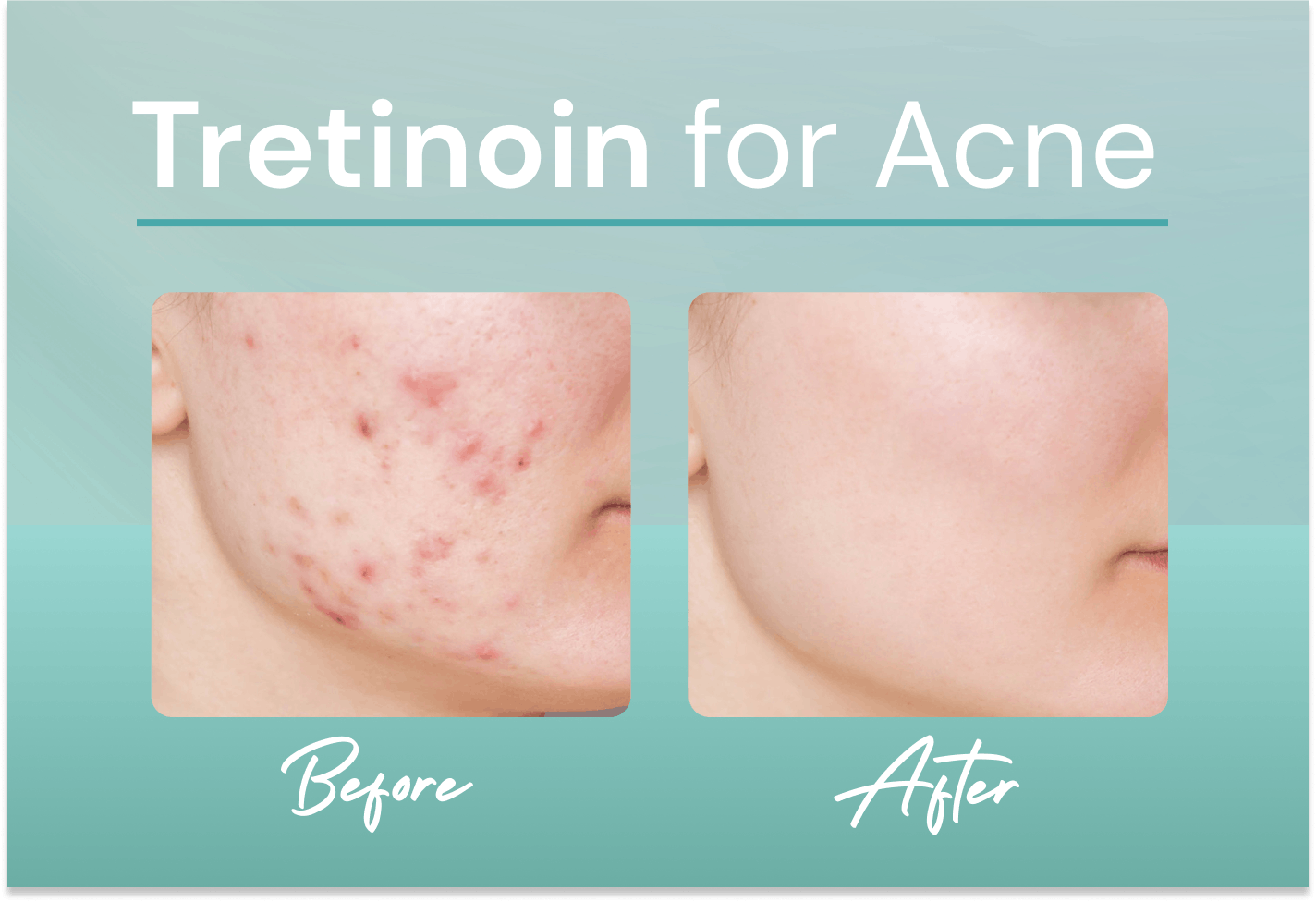
Aging is an inevitable part of life, but the journey to maintaining youthful, radiant skin doesn't have to be daunting. The key to effective anti-aging skincare lies in understanding when to start and what products to use. Let's dive into the essential steps and ingredients for preserving your skin's health and the role of a board-certified dermatologist in helping you achieve lasting results.


